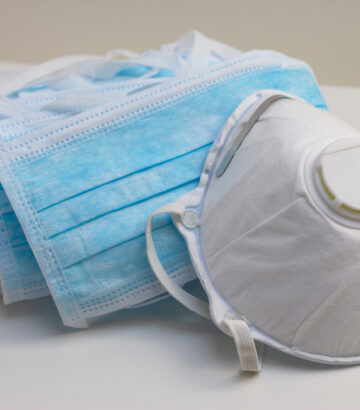Submit Written Public Comments for Healthcare Infection Prevention Advisory Committee (HICPAC) Meeting on November 14-15, 2024
The next meeting of the CDC’s Healthcare Infection Prevention Advisory Committee will take place on November 14-15, 2024. The agenda (subject to change) includes updates on the Division of Healthcare Quality Promotion; the Isolation Precautions Guideline Workgroup; and the Healthcare Personnel Guideline Workgroup. Additional relevant details can be found here.
How to Listen in
The meeting will be webcast live via the World Wide Web. The webcast link can be found on the HICPAC website at https://www.cdc.gov/hicpac/php/upcoming-meeting/index.html.
Submit a Written Comment
Written comments should be submitted by email to HICPAC@cdc.gov. The deadline for receipt of written public comments is November 22, 2024. All submissions must contain the submitter’s name, address, and organizational affiliation, as well as the topic being addressed. Written comments should not exceed one single-spaced typed page in length, not including attachments. All written comments will be shared with the Committee.
The World Health Network’s (WHN) Response to Four CDC Questions on Preventing Transmission in Healthcare Settings provides useful context in crafting a written comment. Additionally, see below for talking points that you can include in your written comment.
Talking Points for Written Comments
- Guidelines should recognize that adopting effective prevention measures has important implications for the health of patients and healthcare workers. There is no room for compromise on safety, any more than laxity in providing any medical care is tolerated.
- Guidelines should be based on the precautionary principle, which emphasizes the need for policy makers to prioritize risk reduction. Unlike individual decision-making, policy decisions have wide-ranging impacts on society, necessitating a greater emphasis on minimizing potential risks for many people.
- Development of infection control guidelines should include experts across disciplines studying airborne transmission.
- Development of infection control guidelines should involve those who are most at risk including patients and healthcare workers and their representative organizations.
- Guidelines should fully adopt established science of airborne transmission and its prevention. This includes using effective masking including N95 respirators, elastomeric respirators, and PAPRs. There is no justification for adopting non-airborne precautions for airborne pathogens.
- Guidelines should include comprehensive measures including ventilation and HEPA air purification, masking, testing, and minimizing unnecessary sharing of air of those who might be infected with those who are susceptible.
- It is appropriate to communicate personal experiences in engaging with the healthcare system and the risk of infection to point to the need for high levels of safety and that those who are at risk should be participating in the policy making process.
National Nurses United (NNU) Calls Out the CDC for Silencing Past Public Comments
WHN encourages participation in NNU’s initiative to demand transparent reflection of public comments submitted to HICPAC. Ahead of the public HICPAC meeting held August 22, 2024, many members of the public submitted written comments. But the CDC did not include those written comments in the meeting record, essentially silencing public comments. NNU emphatically calls us to action: “Don’t Let the CDC Silence Public Comments: Urge the CDC to Protect Frontline Health Care Workers and Patients Now!”











